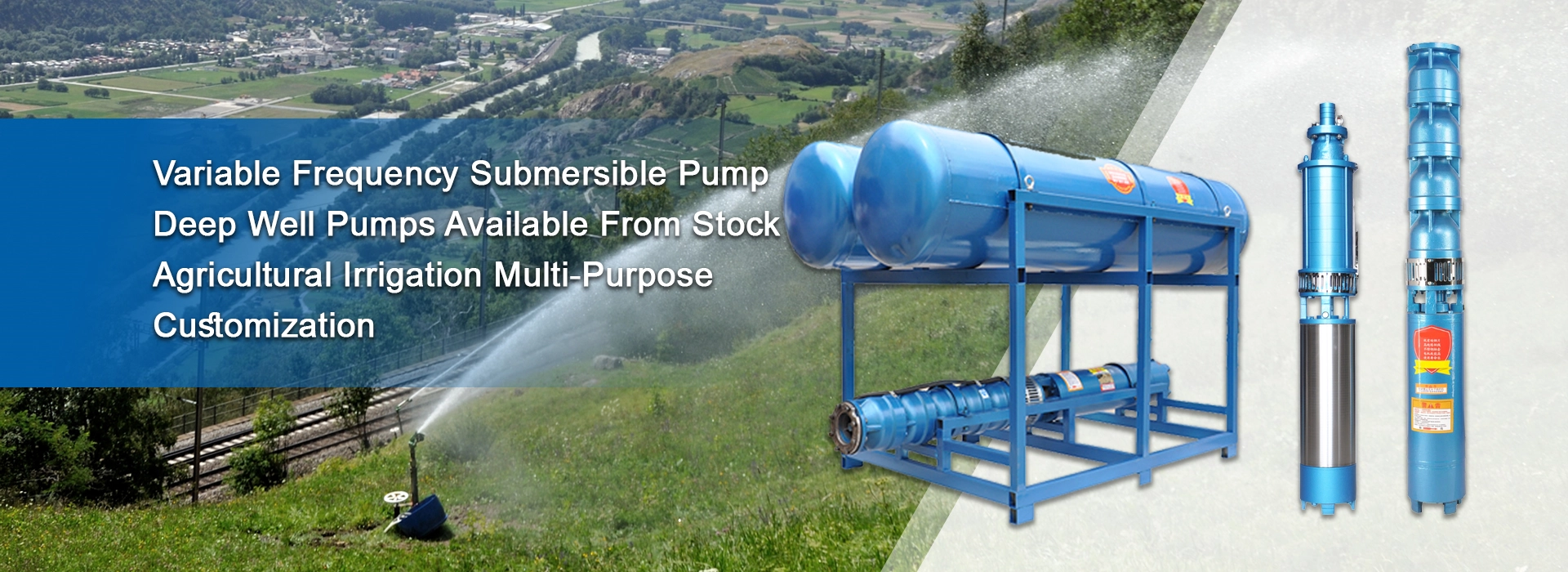Nov . 26, 2024 21:27 Back to list
Exploring the Benefits of Deep Well Submersible Pumps for Efficient Water Extraction
Deep Well Submersible Pumps Revolutionizing Water Extraction
In the quest for reliable and efficient water extraction, deep well submersible pumps have emerged as a cornerstone in various industries, from agriculture to municipal water supply systems. These pumps are specially designed to operate underwater, making them ideally suited for extracting water from deep wells, boreholes, and underground aquifers. Their unique design and functionality have revolutionized how we access and utilize water resources.
What is a Deep Well Submersible Pump?
A deep well submersible pump is an electric pump that is submerged in water to operate. Typically composed of a motor, impellers, and a cylindrical casing, these pumps are placed vertically within the well. The motor drives the impellers, which create pressure to lift water to the surface. The compact design allows for operation at depths often exceeding several hundred feet, making them indispensable in areas where traditional pumps may falter due to depth challenges.
Advantages of Deep Well Submersible Pumps
1. Efficiency One of the primary advantages of deep well submersible pumps is their ability to maintain high efficiency, even when operating at greater depths. The multistage design allows them to produce significant pressure, ensuring that water can be lifted from deep within the earth with minimal energy consumption.
2. Space-Saving Design Unlike surface pumps that require extensive space and additional piping, submersible pumps eliminate unnecessary above-ground components. This design is particularly beneficial in narrow well casings and reduces the risk of environmental contamination from exposed machinery.
3. Durability Constructed from materials resistant to corrosion, rust, and wear, deep well submersible pumps are built to withstand harsh conditions. This durability ensures a long service life, reducing the need for frequent repairs or replacements, which can be costly and logistically challenging.
deep well submersible

4. Lower Maintenance Since the motors are submerged, deep well submersible pumps are protected from external elements that could potentially hinder performance. This feature translates into lower maintenance requirements compared to other pumping systems.
Applications of Deep Well Submersible Pumps
These versatile pumps find applications across various fields. In agriculture, they are crucial for irrigating crops, particularly in arid regions where surface water is scarce. Municipal water supply systems rely on submersible pumps to provide potable water to cities and towns, ensuring that communities have access to clean drinking water.
Additionally, industries such as mining and construction utilize deep well submersible pumps for dewatering purposes, managing ground and stormwater effectively to maintain safe operating conditions. The environmental sector also benefits, using these pumps for groundwater monitoring and management efforts in contaminated sites.
Choosing the Right Deep Well Submersible Pump
Selecting the appropriate deep well submersible pump involves considering several factors including well depth, flow rate requirements, and water quality. Consulting with pump specialists or engineers can provide insights into the best models tailored for specific needs. Factors such as power supply, control systems, and installation logistics are also crucial to ensure optimal performance.
Conclusion
Deep well submersible pumps represent a pivotal advancement in water extraction technology, providing reliability, efficiency, and versatility across numerous applications. As global water demands continue to rise, the importance of these pumps cannot be overstated. They not only help in managing water resources sustainably but also contribute to economic development by supporting agriculture, industry, and urban infrastructure. By investing in advanced deep well submersible pumping solutions, we can ensure a sustainable future where clean water remains accessible to all.
-
Submersible Water Pump: The Efficient 'Power Pioneer' of the Underwater World
NewsJul.01,2025
-
Submersible Pond Pump: The Hidden Guardian of Water Landscape Ecology
NewsJul.01,2025
-
Stainless Well Pump: A Reliable and Durable Pumping Main Force
NewsJul.01,2025
-
Stainless Steel Submersible Pump: An Efficient and Versatile Tool for Underwater Operations
NewsJul.01,2025
-
Deep Well Submersible Pump: An Efficient 'Sucker' of Groundwater Sources
NewsJul.01,2025
-
Deep Water Well Pump: An Efficient 'Sucker' of Groundwater Sources
NewsJul.01,2025
-
 Submersible Water Pump: The Efficient 'Power Pioneer' of the Underwater WorldIn the field of hydraulic equipment, the Submersible Water Pump has become the core equipment for underwater operations and water resource transportation due to its unique design and excellent performance.Detail
Submersible Water Pump: The Efficient 'Power Pioneer' of the Underwater WorldIn the field of hydraulic equipment, the Submersible Water Pump has become the core equipment for underwater operations and water resource transportation due to its unique design and excellent performance.Detail -
 Submersible Pond Pump: The Hidden Guardian of Water Landscape EcologyIn courtyard landscapes, ecological ponds, and even small-scale water conservancy projects, there is a silent yet indispensable equipment - the Submersible Pond Pump.Detail
Submersible Pond Pump: The Hidden Guardian of Water Landscape EcologyIn courtyard landscapes, ecological ponds, and even small-scale water conservancy projects, there is a silent yet indispensable equipment - the Submersible Pond Pump.Detail -
 Stainless Well Pump: A Reliable and Durable Pumping Main ForceIn the field of water resource transportation, Stainless Well Pump has become the core equipment for various pumping scenarios with its excellent performance and reliable quality.Detail
Stainless Well Pump: A Reliable and Durable Pumping Main ForceIn the field of water resource transportation, Stainless Well Pump has become the core equipment for various pumping scenarios with its excellent performance and reliable quality.Detail
